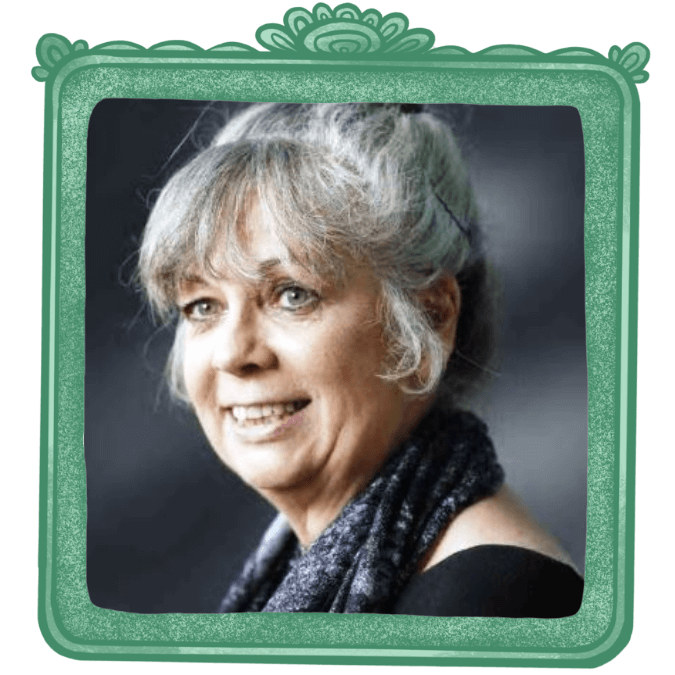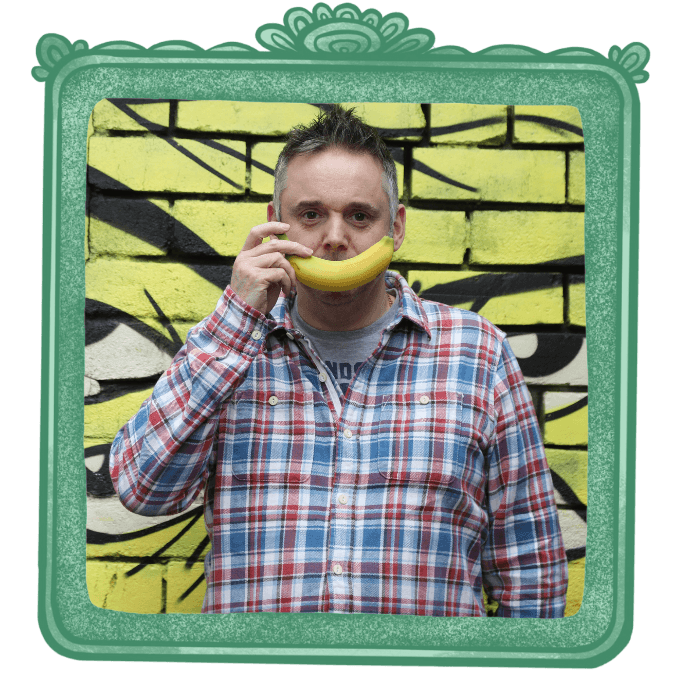
Sue Palmer
Literacy Specialist and Chairwoman of Upstart
Sue Palmer, a former primary headteacher, is a literacy specialist and author of books on child development, notably ‘Toxic Childhood’, ’21st Century Boys’ and ’21st Century Girls’. Research for ‘Upstart: the case for raising the school starting age and providing what the under-sevens really need’ (Floris, 2016) inspired the Upstart Scotland campaign(www.upstart.scot).
During a long career as a freelance literacy specialist she wrote over 250 books, software programs and TV scripts on various aspects of literacy, and many hundreds of articles for the educational and national press. She has also provided courses for teachers throughout the UK and around the world, and acted as a consultant to the National Literacy Trust, the Basic Skills Agency, the DfE and the BBC.
In recent years, Sue has been Chair of the Scottish Play Commission, served on the Scottish Government’s Early Years Task Force and is now chair of Upstart Scotland. She is thrilled to be listed in Who’s Who and Debrett’s People of Today as a ‘childhood campaigner’ and has twice been named among the 40 most influential educationists in London, whichgives her particular pleasure since she lives in Edinburgh.
Key takeaways:
- Tim Gill’s Expertise: Tim is a prominent advocate and consultant for children’s play, focusing on child-friendly urban planning, policy, education, and design, with notable work for Play England and the National Trust.
- Urban Playgrounds Book: His book, *Urban Playgrounds: How Child-Friendly Planning Can Save Cities*, distills his thinking on creating public spaces that support children’s play and development.
- Shrinking Horizons of Childhood: Tim highlights the drastic reduction in children’s roaming range over generations, using a map to show how an eight-year-old’s freedom shrank from six miles to the end of a street, leading to a “reared in captivity” childhood.
- Risk and Play: He emphasizes the importance of risk in play for building resilience, confidence, and problem-solving skills, criticizing zero-risk mindsets that eliminate learning opportunities by overly standardizing environments.
- Risk-Benefit Assessment: Tim promotes a narrative risk-benefit assessment approach, balancing potential harms with developmental benefits, supported by the Health and Safety Executive, and contrasts it with conventional risk elimination used in workplaces.
- Practical Examples: He cites the “17-second rule” from a Toronto kindergarten, where educators wait before intervening to allow children to resolve challenges, and the Tumbling Bay playground in London’s Olympic Park as a model of adventurous play spaces.
- Parental Engagement and Funding: Tim advises engaging parents by emphasizing the long-term benefits of risky play for responsibility and independence, and suggests exploring local scrap projects, loose parts, and landfill tax funding for improving outdoor spaces in deprived urban areas.

We'd love your feedback!
Did you love it or hate it? And what ideas have you got for upcoming webinars - big names you'd love to see or topics you'd like covered?

.avif)









